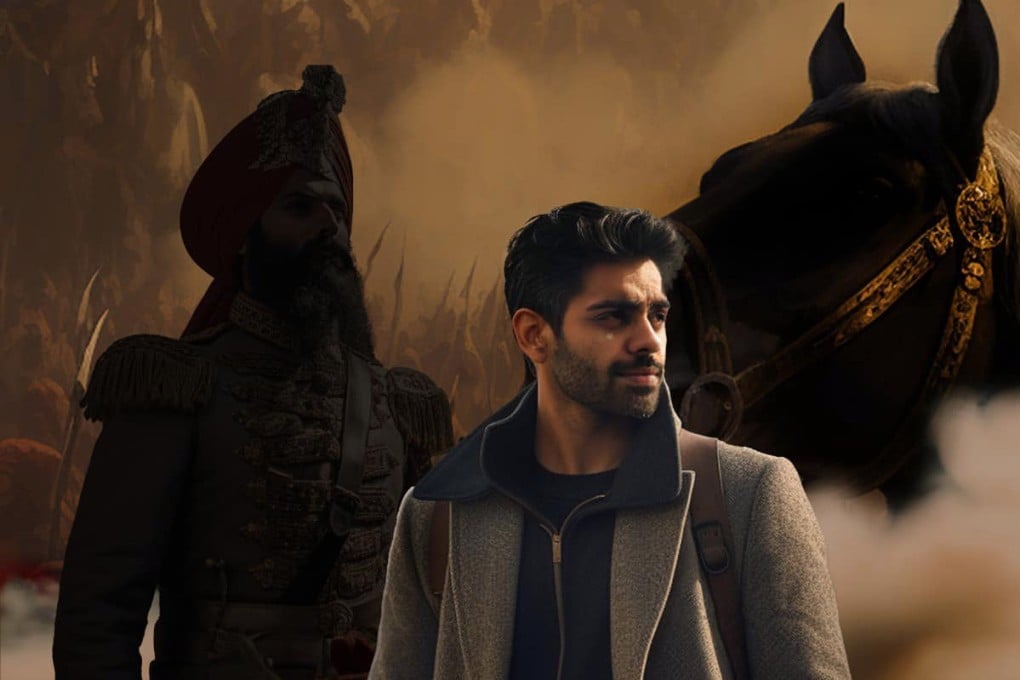Does AI-produced film ‘Maharaja in Denims’ mark a shift in Indian cinema?
- Khushwant Singh’s historical novel is set to be adapted for the big screen with no sets, actors, or even cameras, in a first for India’s film industry
- Unlike Hollywood, India’s film industry is cautiously optimistic about AI due to the lower production costs and doubt that it can replace human creativity

When Indian writer Khushwant Singh in 2014 published his novel, Maharaja in Denims, he did not foresee that it would one day be adapted for the big screen – much less that it would make history as a film with no sets, actors, or even cameras.
The story – about a Punjab teenager who believes he is a reincarnation of a prominent historical figure – may well be the world’s first feature-length film generated entirely by artificial intelligence (AI), and its production marks a potentially huge shift for India’s massive film industry.
“AI is the way forward and it has opened doors to limitless creative possibilities, and will surely disrupt traditional norms, shaping world cinema,” Singh, 51, told This Week In Asia.
He called AI the new paradigm for “accessible and efficient creativity”.
The film will be produced by Intelliflicks Studios in the northern Indian city of Chandigarh, a joint venture between Singh, its CEO, and tech guru Gurdeep Singh Pall, a former corporate vice-president at Microsoft who oversaw business AI projects.